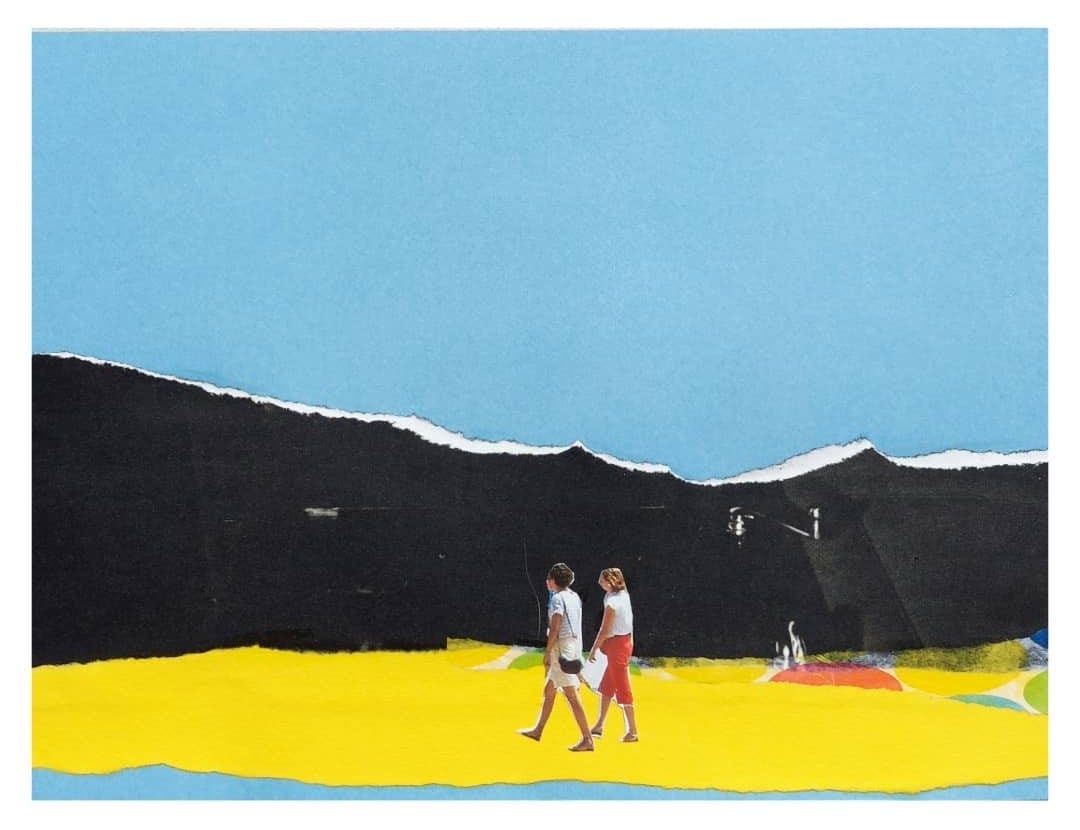I’m Luke Craven; this is another of my weekly explorations of how systems thinking and complexity can be used to drive real, transformative change in the public sector and beyond. The first issue explains what the newsletter is about; you can see all the issues here.
Hello, dear reader,
This newsletter is going on summer holiday until January. In the meantime, let’s have a roundup!
Popular issues
A big thank you to everyone who has come along so far on the journey of Pig on the Tracks. The interest this year has outstripped even my most modest aspirations. Across 44 issues, I’ve clocked over 150,000 views. Subscribers have come in bursts, but there are now 1,400 of you. But the metric that matters most is the constant stream of creative and thoughtful emails I get in response to what is written here. It’s a pleasure to be part of our collective intellectual exploration and practical discovery of how we might muddle through a very complex world.
But enough of that! Here are the five most popular issues from the newsletter this year:
The different strengths of systems thinkers. On building a well-rounded systemic design team.
Five New Zealanders you should be reading. Five fellow Kiwis who have shaped the way I think about systems thinking and complexity practice.
The language we need to leave behind. What the Tower of Babel ought to teach us about the challenges and opportunities of linguistic diversity.
The perils of basin bias. One of my personal favourites: a reflection on the different kinds of ‘change’ in complex systems and how we engage with them.
No tool is omnicompetent. On the implications of pluralism for a pedagogy of complexity and systems thinking.
Astute readers will notice some of the strong thematic threads I have, consciously and otherwise, tried to weave throughout each issue. One of you recently challenged me to think about what the three-point summary might be for the year as a whole. Not only is that an interesting exercise in itself, hopefully it frames the year to come. Here we go:
Systems thinking is not a replacement for other modes of sense-making (including those linear, reductionist ones that we like to wag our finger at) and it does not come without its risks.
Systems thinking is not one thing, nor should we attempt to make it one. The conceptual and linguistic diversity of the field is a strength as it enables us to engage with complexity from different perspectives.
As I see it, the contemporary challenge for the theory and practice of systems thinking is what we do with this diversity. How can we meaningfully weave different sense-making methodologies together, eclectically, to help us bring about the kinds of change we have reason to value?
This third point will continue to be my focus as we head into the new year. I have more thinking to do, but hey, there’s time.
Books I’ve been grateful for this year
In case it’s not too late for me to inspire your holiday reading:
Worlds Hidden in Plain Sight. A wonderful collection of essays commemorating thirty years of complexity thinking at the Sante Fe Institute, including a piece on the distinction between metaphor and model that has had a huge impact on my thinking.
Chasing Innovation. A critical look at design thinking and innovation and their potential to meaningfully address the challenges of those living in poverty. A critique worth returning to as systems approaches and portfolio innovation become the solution du jour in global development circles.
Stalin’s Wine Cellar. Think Indiana Jones but the prize is a multimillion-dollar wine cellar located in Georgia. A thrilling read that covers aspects of history I hadn’t come across before. Also, love the Sydney connection!
Orality and Literacy. The one book I come back to each time I get fascinated by the links between modes of expression and modes of thought (this happens a lot…!), particularly in the context of our capacity to think and act in systemic ways.
Prosocial. A recent discovery, but full of helpful tools to facilitate groups to hold and work with complexity. Theoretically rich and yet practically accessible, many of these tools have quickly become a natural part of my daily practice.
What I’ll be listening to this summer
You expected podcasts, perhaps, but summer is a time for chewing through whole albums and letting the mind wander. As Max Richter beautifully put it, music is a place to think.
Masterpiece, Big Thief. If you listen to one song, make it Paul.
Infra, Max Richter. If you listen to one song, make it Infra 5.
Come Tomorrow, Dave Matthews Band. If you listen to one song, make it Samurai Cop (Oh Joy Begin).
My Best Work Yet, Andrew Bird. If you listen to one song, make it Sisyphus.
Remind Me Tomorrow, Sharon Van Etten. If you listen to one song, make it Seventeen.

See you in the new year!
Luke.
By the way: This newsletter is hard to categorise and probably not for everyone—but if you know unconventional thinkers who might enjoy it, please share it with them.
Find me elsewhere on the web at www.lukecraven.com, on Twitter @LukeCraven, on LinkedIn here, or by email at <luke.k.craven@gmail.com>.



